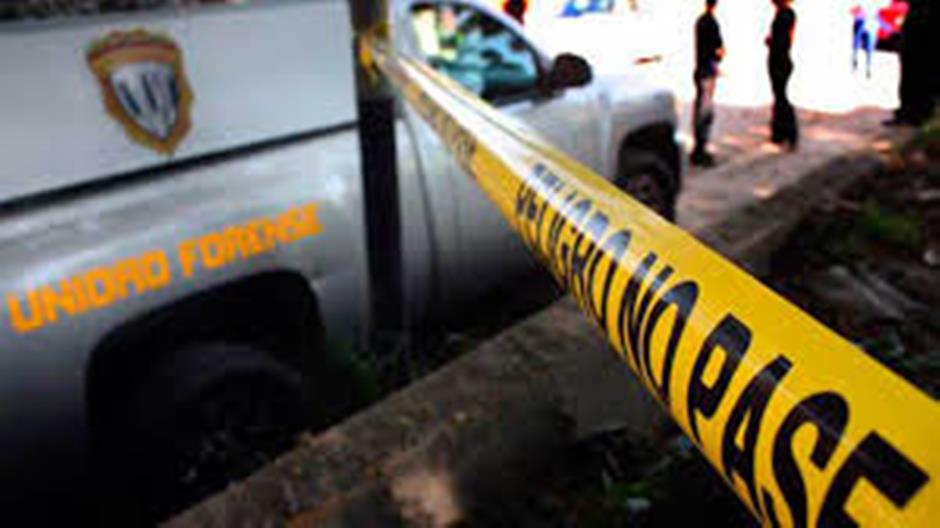
Uruguay has been internationally recognized for being a country that has managed to stand out in different aspects, such as renewable energy, LGBTIQ+ rights and the low rate of corruption.
However, recently, the country has been in the news for different episodes that have affected its reputation. The current situation of the Uruguayan government and how it is affecting the perception of the country as a model of success in Latin America were the focus of a long and complex article published by the British media. The Economist.
In the past, the same newspaper has praised the country as a success story, but now it understands that that brightness “has gone out.”
The Astesiano case and other problems that affect the image of the government of Luis Lacalle Pou
This year, Alexander Astesianountil recently head of security for President Luis Lacalle Pou, was sentenced to four and a half years in prison for influence peddling, criminal association and revealing state secrets.
The fact was classified as extremely embarrassing for the Conservative Government of Lacalle Pou. Prosecutors accused Astesiano of selling fake birth certificates to Russian citizens so they could obtain Uruguayan passports.
In addition, Astesiano has been investigated for spying on opposition senators, although he denies it.
But the Astesiano case is not the only problem facing the Lacalle Pou administration.
In 2021, the then Minister of Tourism, Germán Cardoso, resigned after being accused of corruptionalleged drug lord Sebastián Marset escaped capture in Dubai after Uruguayan authorities issued him a new passport and the deputy foreign minister resigned after learning of the passport.
In addition, the Minister of the Environment, Adrián Peña, resigned after it was discovered that he had falsely claimed that he had a business degree.
The security situation in Uruguay
According to The Economist weekly, the security situation in Uruguay has been deteriorating for decades, but it has worsened due to the COVID-19 pandemic. With reduced flights, the gangs have increased the amount of Andean cocaine they send through Montevideo to Europe.
On the other hand, gangs have shipped assault weapons and ammunition between Argentina and Brazil via Uruguay. Illegal fishing fleets also take advantage of lax controls in the free port of Montevideo.
“The security situation has been deteriorating for decades, says Nicolás Centurión, an organized crime investigator. But covid-19 exacerbated the problem. With flights reduced, the gangs piled Andean cocaine into containers shipped via Montevideo to Europe. In the last decade, Uruguay’s homicide rate has almost doubled, to 11.2 per 100,000 inhabitants in 2022,” he warns. The Economist.


















